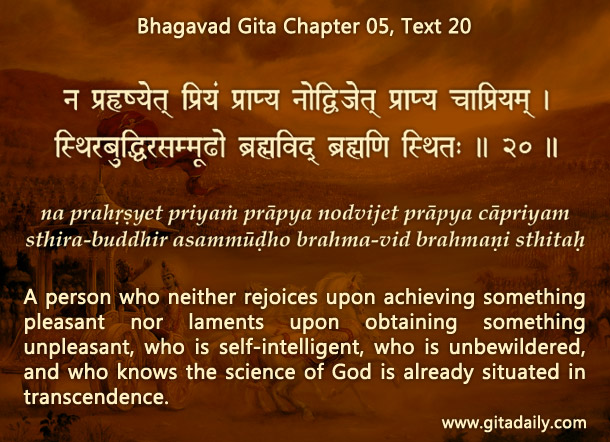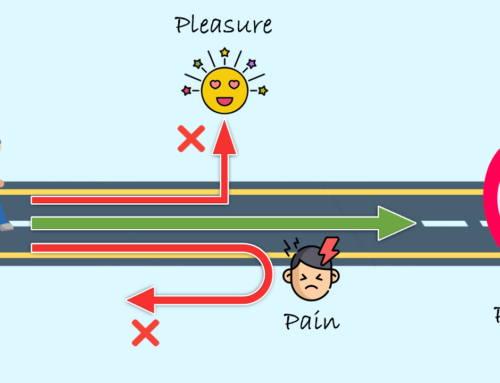Comparing is unavoidable but comparing mentality is undesirable
In our competitive world, comparing is almost universal. In schools with any kind of assessment, who gets higher grades and who lower will be inevitably seen. Similarly, in workplaces, who earns more than who will naturally be noticed.
All such unavoidable comparison is functional. Significantly different from such contextual comparison is the comparing mentality, wherein we constantly compare ourselves with others and start basing our self-identity on that evaluation. For example, if we equate our net worth with our self-worth, we feel insecure and inferior on seeing those who earn more than us. If students equate themselves with their grades, they lose their confidence and fail to do justice to their specific talents. Due to the comparing mentality, we become envious of those better than us, and we loathe ourselves for not being that good. When we equate functional comparison with foundational self-identification, we sentence ourselves to incurable dissatisfaction.
How can we avoid the comparing mentality? By understanding that our essential identity is spiritual, beyond the world’s comparisons. The Bhagavad-gita (05.20) states that those who realize their spiritual essence are not deluded by life’s dualities. Such dualities often emerge or exacerbate when we constantly compare ourselves with others.
Existing above all worldly comparisons is our transcendental core. We all are eternal spiritual beings, precious parts of the benevolent whole, Krishna. In his scheme of things, we all have a role, a place, a contribution. When we connect with him by practicing bhakti-yoga, striving to serve him lovingly, we are guided to contribute in the way we are best suited to. And we relish who we always were, but had forgotten because of our obsession with worldly comparison.
When we thus become spiritually realized, then, irrespective of where we stand in the world’s pecking order, we steadily savor sublime spiritual satisfaction.
Think it over:
- What is the difference between comparing and comparing mentality?
- How does the comparing mentality hurt us?
- How does realizing our spirituality raise us above the comparing mentality?
***
05.20 A person who neither rejoices upon achieving something pleasant nor laments upon obtaining something unpleasant, who is self-intelligent, who is unbewildered, and who knows the science of God is already situated in transcendence.

To know more about this verse, please click on the image
Explanation of article:
https://www.youtube.com/watch?v=G_s2qtXxTjg
Podcast:


comparison is foolish